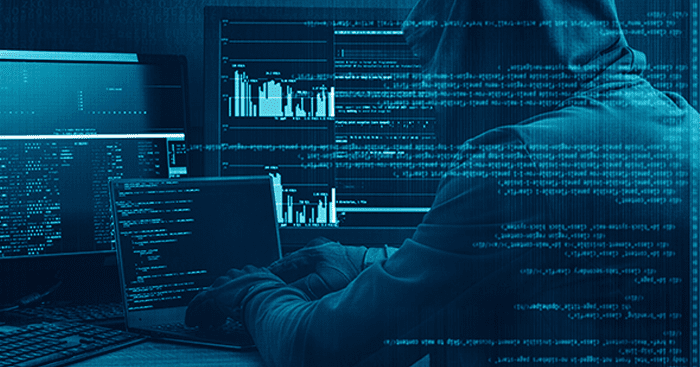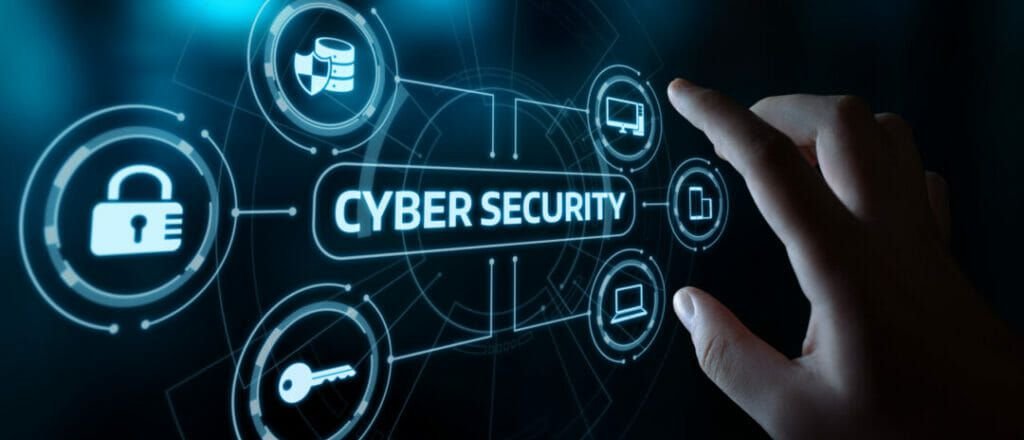Cybersecurity has a long way to go, and it throws a never-ending battle with the increasing cyber crimes and hacking.
People have been increasingly leveraging enhanced technologies. Hence, they are concerned about the security and protection of their data.
As of today, Cybersecurity needs machine learning; both are potent tools that have revolutionized the field of Cybersecurity. As per a survey, 63% of companies use machine learning in their businesses and Cybersecurity to make the best endpoint security, data security, identity, and access management.
How is machine learning used in Cybersecurity?
There are multiple stages in the threat intelligence process; an ethical hacking course and machine learning are utilized to improve this process. Here are a few pointers that will help you understand the importance of machine learning in Cybersecurity.
- Machine learning to eliminate malicious activities
Algorithms of machine learning will ensure to protect businesses and detect malicious activities faster than before. This activity will stop the attack before it gets started. This level of protection can be achieved by analyzing big data sets of security events to identify the patterns of malicious and suspicious activities. Machine Learning is needed in Cybersecurity to detect similar circumstances, and it is also trained to automatically deal in such situations with a trained Machine Learning Model.
For example, IOCs, also known as the Indicators of Compromise, can be used to create a dataset to feed a machine learning model, which will ultimately respond, identify and even monitor the threats in real-time. Machine learning can also be used with IOC data sets to understand malware behavior.
- Automating tasks
One of the most significant benefits of Machine Learning in Cybersecurity is to automate repetitive and time-consuming tasks such as malware analysis, triaging intelligence, vulnerability assessments, and network log analysis. By using machine learning in Cyber Security Training, you will be able to act upon emerging threats faster and in a better way for your organization and automate redundant tasks by reducing the cost of the workforce in this process.
- Machine learning to enhance human analysis
Machine learning does it all; it helps the Data Security Analyst with all the aspects of their jobs, including analyzing the network, detecting malicious attacks, endpoint protection, and vulnerability assessment. It is one of the most exciting parts of the threat intelligence concept.
For example, MIT’s computer science and artificial intelligence lab developed a system known as AI2. This is an adaptive machine learning platform that helped the analysts to find the needles in the haystack. After reviewing millions of logins every day, the system filtered the data and conveyed it to the Data Security Analyst, decreasing the alerts below 100 each day.
- Network risk scoring
Making use of the quantitative measures to assign risk scores to sections of the networks helps organizations prioritize their resources. Machine Learning can also be proven beneficial in finding the previous cyberattack datasets and understanding the areas of the network that were most affected in the earlier attacks.
The network risk scoring will help you get the impact of the attack and the chances of its occurrence in a specific network area. By using this method and getting a Certified Ethical Hacker Certification, you will be able to reduce the risk of your organization becoming prey to any unwanted cyber attack.
- Getting the right skill sets
Cybersecurity training requires you to keep up with the latest skills and technologies of machine learning. It consists of a wide range of skills to secure data, risk analysis, mitigate, develop cloud-based security, and achieve cybersecurity compliance. Machine learning experts are additional assets who have knowledge access to create effective defensive cyber systems and master the art of computer language for Cyber AI.
In conclusion:-
Without proper machine learning or data training, it is impossible to keep up with the relevancy and availability of your data and security training, especially if you have an AI model.
There are numerous developments and advancements in Cybersecurity for Machine Learning, and at Imarticus, we offer career-transforming educational courses such as a Postgraduate Program in Cybersecurity. Connect with us via chat or our chat support, or directly visit our center near you for more admission information.






